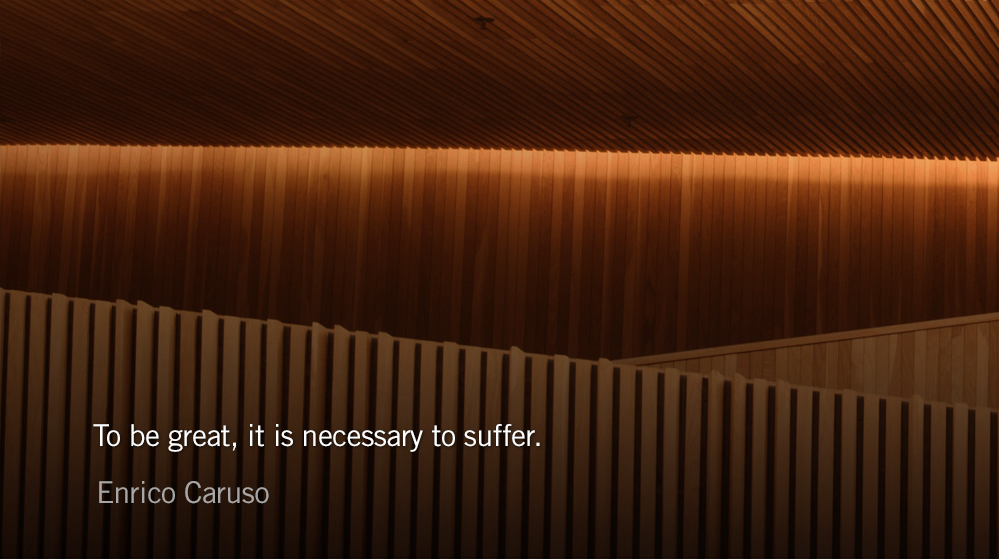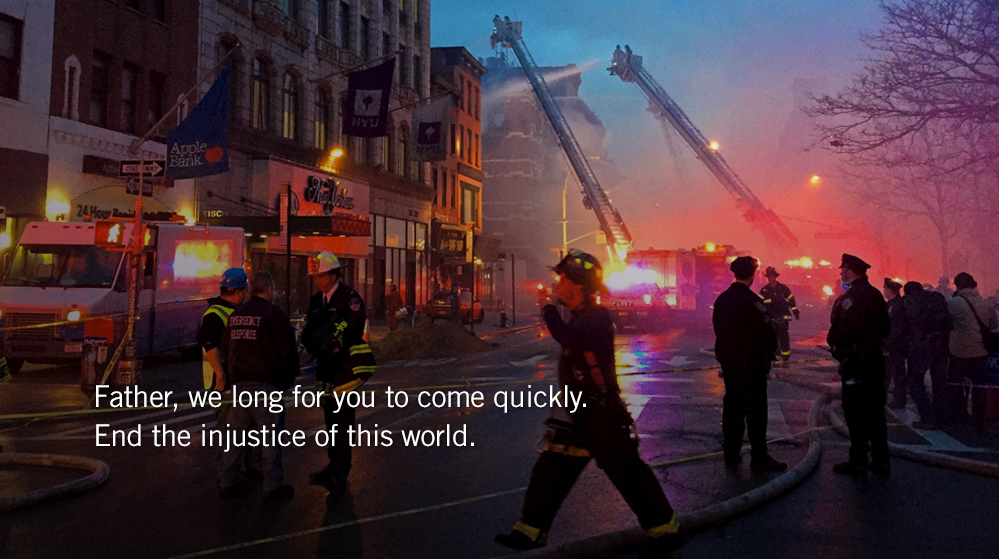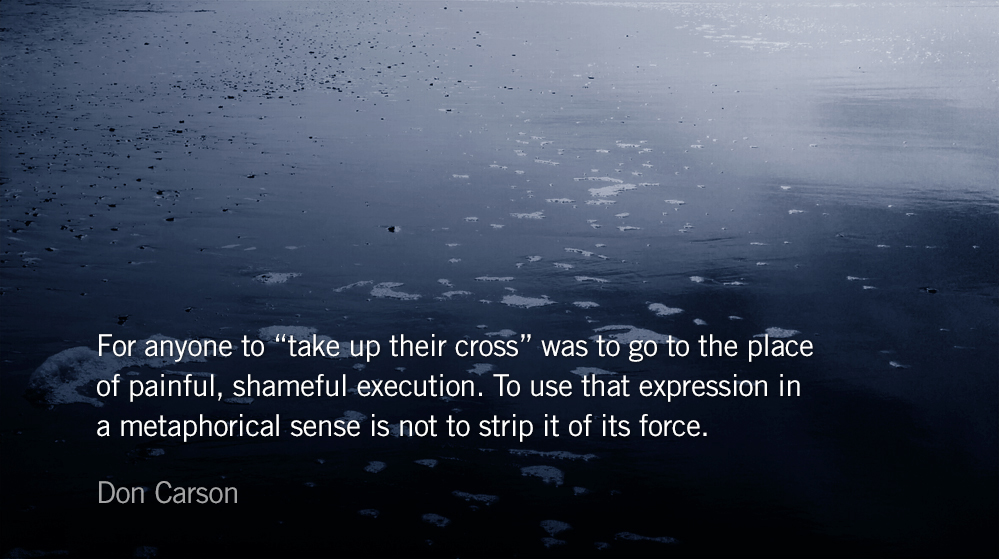Psalm 14.2
The LORD looks down from heaven on all mankind to see if there are any who understand, any who seek God.
From the moment we wake up in the morning, almost everything in our lives tells us not to seek God. The message, of course, is not explicit. The Evil One is more subtle and deceiving than that. Instead, he fills up our lives with enough activity and prosperity to keep God out of our minds.
As Screwtape told Wormwood in C.S. Lewis’ The Screwtape Letters, “It is funny how mortals always picture us as putting things into their minds; in reality our best work is done by keeping things out.”
In the midst of our busy lives, however, God makes a promise: “Those who know your name put their trust in you, for you, O Lord, have not forsaken those who seek you.”
We do not seek God, however, as though He were hiding. He is omnipresent and, therefore, always near everyone and everything. Moreover, He has made a covenant commitment with His people to stand by us and work for our good always.
If we do not seek God as though He were hiding, then how do we seek him? Most of us know that the full presence of the Lord is not our constant experience. We have seasons when we lack intimacy with Him, giving Him little thought and forgetting His beauty. Therefore, we seek Him by consciously fixing and focusing our attention and our affection on the Lord.
We make this effort because, in our talkative culture that constantly sends us the message that Jesus is not valuable, we must set our minds to going around things to see His face. He is hidden behind cultural and personal obstacles. We must flee every spiritually dulling activity that blocks our way to Him.
Prayer
Lord, Give us discerning hearts that know what makes us sensitive to your presence in the world. Open our minds to know what dulls our affections and blinds our eyes from seeing you. Let us throw these things away if we must so that we may seek you. We cry out to you because we long for your promise to be true of us – that you will not forsake those who seek you. Amen.
Today’s Readings
Leviticus 11-12 (Listen – 7:20)
Psalms 13-14 (Listen – 1:43)
Finding Faith
Part 3 of 5, read more on TheParkForum.org
___________________
FAQs
How can I make a tax-deductible donation? Click here.
How can I get these devotionals in my inbox? Click here.
What is the reading plan this blog is based on? Click here.
___________________________________









